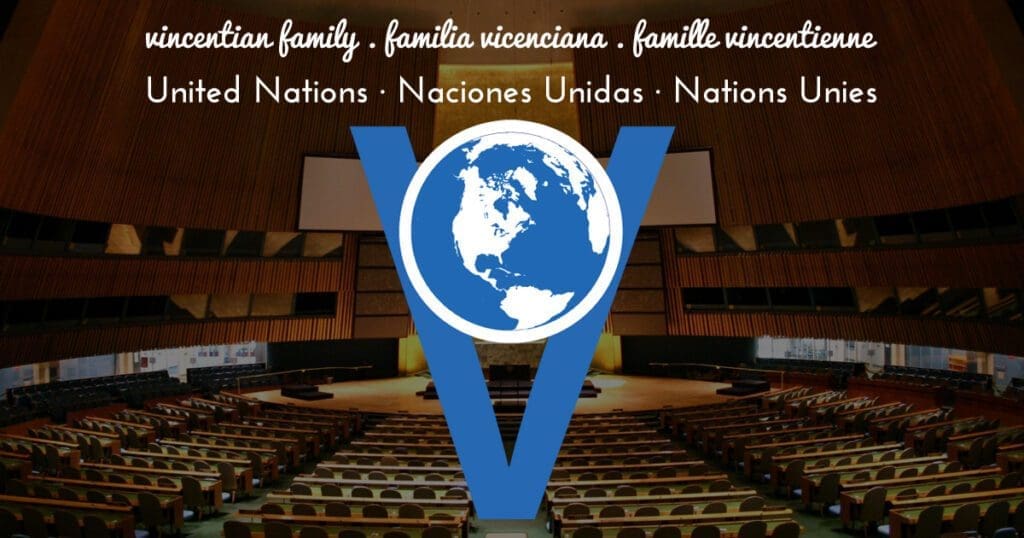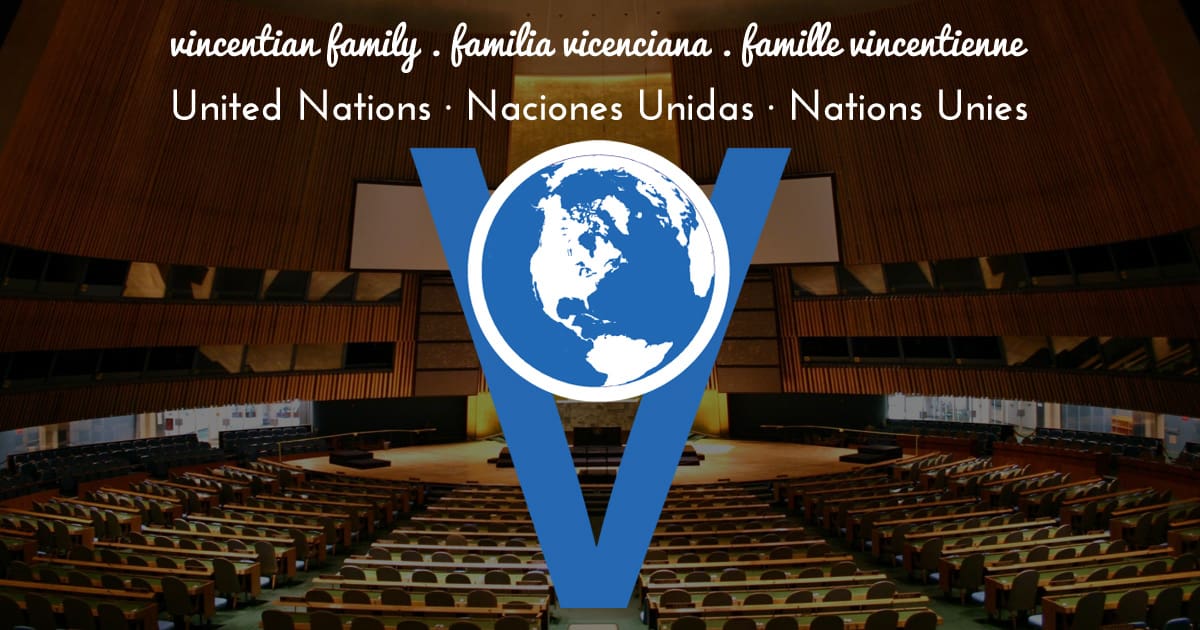Key Missing!
Here’s a curious fact. Homelessness is entirely absent from the UN’s 17 Sustainable Development Goals (SDGs) and their 169 sub-targets…yet it is key to achieving the 17 essential components of the 2030 Agenda for People and the Planet.

Its absence jeopardizes the ultimate success of the Agenda and the New Social Contract it calls for. Persons experiencing the extreme manifestation of poverty, homelessness, or at risk for it, must not be ignored if we are to fulfill the pledge to “leave no one behind.”
On a simple circle of life we might put a job, which produces money, which allows nutrition, which leads to good education, which then means a good job in the future. A productive circle. But a home lies at the center of that circle. A home is the heart of it all. And without a stable home, one lives in perpetual survival mode.
In systemic change thinking, we know that social issues are connected, that in fact nothing happens in isolation. The 17 Goals are threads of one garment. Some connections are completely obvious, while others might be less so. Let’s take a brief look.
SDG #1 posits No Poverty. We couldn’t agree more. But poverty and homelessness are inextricably linked. Persons living in poverty, often with jobs and housing, are often one illness or accident, one stiff health bill or one paycheck away from homelessness.
SDG2 calls for Zero Hunger. People experiencing homelessness (PEH) encounter multiple barriers to food and nutrition, regularly facing risks of malnutrition. This is especially dangerous for children’s development both physically and mentally.
Number 3 speaks of Good Health and Well-Being. Simply accessing healthcare can itself be a daunting task for anyone, but we can only imagine the nightmare faced by PEH in this regard. With or without pandemics.
SDG 4 seeks to reduce educational disparities so everyone gets Quality Education. To be homeless is to face a myriad of barriers to education. Some overcome the odds—it’s astounding to know that so many US college students are homeless yet somehow pursuing their degrees. But not all are so fortunate and fall behind as complications with nutrition, transportation and housing instability mount up.
Gender Equality, #5, aims to eliminate gender-based discrimination to ensure an equitable and empowering approach to economic development for women and girls. But women and girls are likely to suffer more without a home. Being homeless greatly increases the possibility of suffering sexual violence, trafficking and other forms of abuse.
SDG 6 speaks of Clean Water and Sanitation, important aspects of health but again out of the reach of PEH as these two goods are mostly delivered and accessed through buildings and residences. Water infrastructure typically does not include less formal living arrangements.
Affordable and Clean Energy, # 7. Technology has become essential for social and financial functioning. Cell phones are no longer a luxury. Yet PEH often cannot afford to pay for energy. It is now the case that “Leave No One Behind” also means Leave No One Offline.
Decent Work and Economic Growth? #8 pursues this important goal, one that PEH face enormous challenges to achieve without a fixed address, easily available transportation and the inability to maintain good hygiene, etc.
SDG 10 is one readers of this article will applaud: Reduced Inequalities. But homelessness is both a cause of, and/or effect of, existing inequalities. Rising global inequality is deadly, and until we build an inclusive social contract protecting the basic needs and rights of all people, including PEH or those at risk, current inequalities in so many areas will blunt the impact of work for a better world.
In summary, fully half of the SDGs are directly affected by homelessness, whether street sleepers, refugees, migrants or the internally displaced. We’re talking about real people, in serious numbers, with real suffering: over 200 million homeless globally and 1.6 billion stuck in inadequate housing.
The Working Group to End Homelessness, with the active participation of our VinFam’s NGOs, has successfully achieved a UN resolution on homelessness that for the first time will treat homelessness as a major issue on its own (instead of merely as one aspect of poverty). On its own a significant achievement, but the real impact of the resolution will come when it takes flesh within the national social policies of governments around the world.
The Vincentian Question always is “What must be done.” Let us ask ourselves: Can I educate myself more on the issue of homelessness, and then be an advocate on the issue? Do I know about the Family’s Homeless Alliance and can I support this successful global initiative in some way? Is there a local effort where I live to help PEH? They are among the most vulnerable of the people in poverty our charism seeks to serve, and they may become a great source of grace in our lives.
Jim Claffey
NGO representative of the CM to the UN
www.congregationofthemssion-un-ngo.com







Thanks, Jim, for calling attention to the key that is missing.
Besides letting those without homes educate us, might they not educate also key UN officials and the leaders of the US Mission to the UN, starting with UN Secretary-General, António Guterres, and US Ambassador Linda Thomas-Greenfield? Might not our educators/evangelizers flood these officials with letters or keep sharing your observation with the same officials? What can we as individuals and as a group do most realistically and effectively?